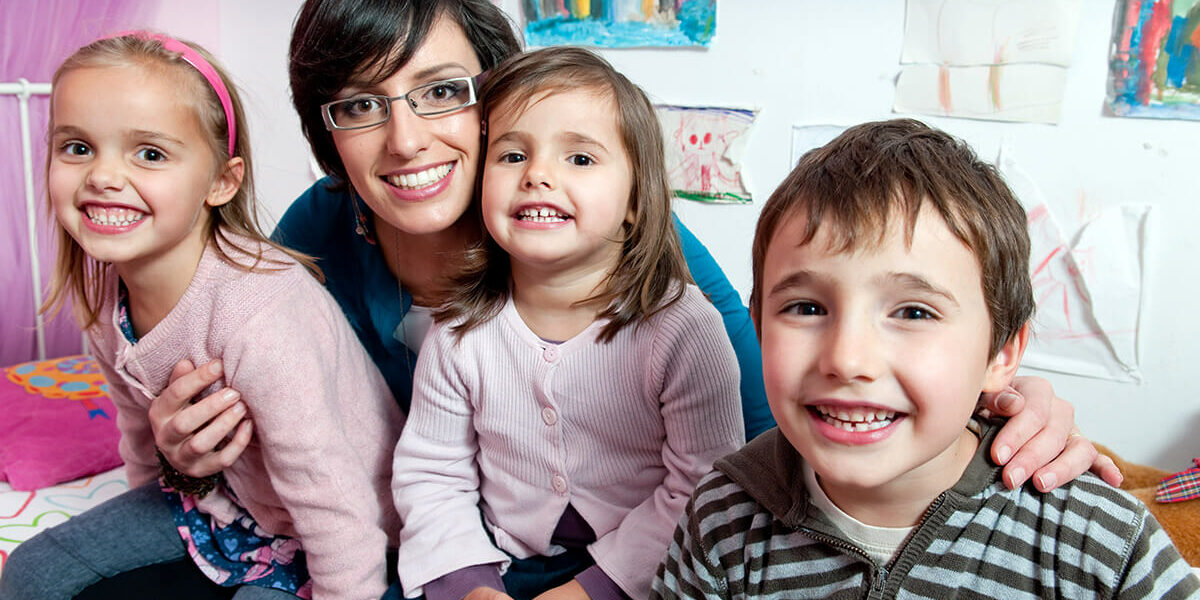The Cerebra Family Research Group has released its End of Grant Report outlining the focus of their work well as detailing progress made to date and the longer term impact of their work. The team is headed by Professor Richard Hastings (currently Cerebra Chair of Family Research) who is one of the world’s leading researchers in intellectual and developmental disabilities.
Why our research is important
One of the biggest influences on the development of all children is their family. Children with brain conditions are no different to all other children in this respect – their development is also affected by what happens within their family. The context of the family affects all children’s development in at least three ways:
- Parents and carers approach parenting in different ways, and how parents raise their children can affect how children develop
- The economic context in which families live has a big impact on children’s development. This includes poverty, parents being out of work, and factors such as the quality of the housing in which families live
- Parents and other family members who are under significant stress may affect the well-being of children within the family
Our main research strands
Within this context, the research carried out by the team at Warwick focuses on three big issues for families of children with brain conditions, specifically children with a learning disability and/or autism:
- Exploring whether the same family factors that influence the development of all children affect the development of children with learning disability and/or autism. The team do this by focusing on analysis of large UK national studies of thousands of children that also include some children with learning disability/autism (e.g., the Millennium Cohort Study). The Cerebra 1,000 Families Study is also designed to contribute to this area of research as we can now start to follow these families over time to generate new research findings that can be used to improve family life.
- How can parents and other family members can be supported to maximize positive developmental outcomes for their children with learning disability and/or autism? This issue is addressed by developing and/or testing interventions that can give parents key skills to be more effective in their task of raising children with learning disability/autism. They also develop and/or test interventions designed to directly improve parents’ well-being and mental health.
- Attempting to redress the balance for families of children with learning disability and/or autism. Parents and other family members of children with learning disability/autism are typically portrayed as suffering significant stress when raising their children. This is perhaps true, but misses the fact that raising a child with learning disability/autism is also a positive experience and results in many rewards for families. In our research, we explicitly study family members’ (especially parents’) positive perceptions and experiences when raising children with learning disability/autism. The Cerebra 1,000 Families Study has been designed from the start to capture positive experiences as well as the challenges of raising children with learning disability/autism.
Longer term impact of the Group’s research for families
Our research team’s work is always designed from the start to achieve longer term impact for families. They work with parents and external partners to use the findings from our research to influence policy and practice, and use their research findings to develop interventions to directly support family members (especially parents).
You can read the full End of Grant Report here and read more about our partnership with Warwick University here.









